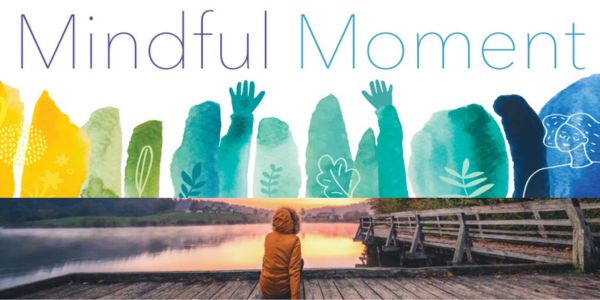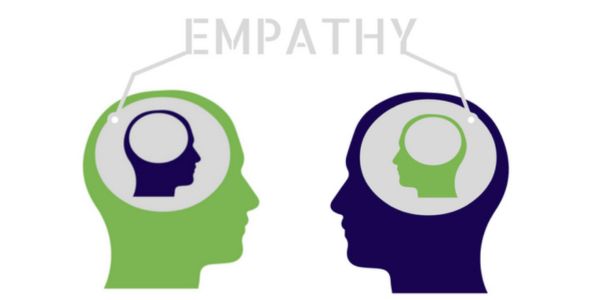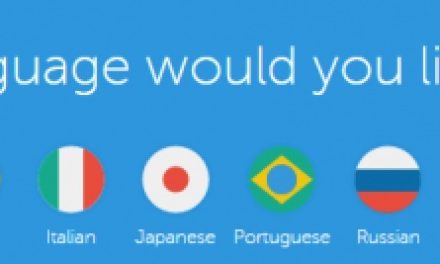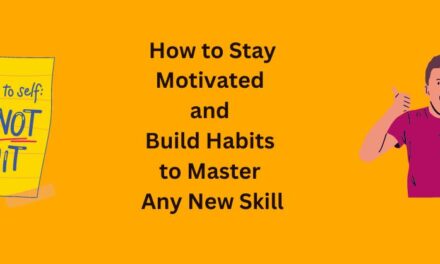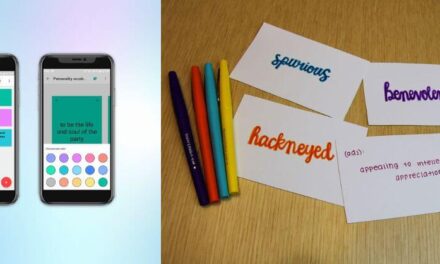How Learning Another Language Opens Your Mind, Heart, and Sense of Self
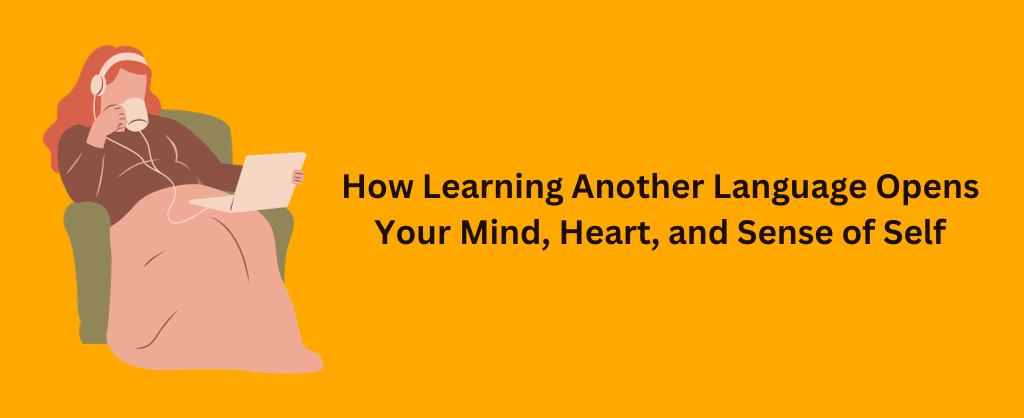
So you’re thinking about embarking on the adventure of learning a new language? Get ready for a journey that will change how you see the world – starting with how you see yourself!
I know it sounds daunting right now as you look up lists of vocabulary words and conjure images of stern grammar teachers rapping your knuckles. But language learning is so much more than cramming rules.
When you immerse yourself in a new way of speaking, you open up new ways of thinking, perceiving, and connecting too.
In the process, you just might uncover and embrace sides of yourself you never knew were there. Let me walk you through some of the ways this journey of language learning parallels and sparks an inner journey of self-discovery.
Immersion in a New Culture Opens Your Mind
Maybe you’ve been studying textbook chapters about your target language culture, learning about their history, values, customs, and etiquette dos and don’ts. This conceptual knowledge is helpful, but nothing compares to the moment you actually step foot into that world.
You land in the foreign country, hear the language swirling around you, signs you can’t quite decipher yet, food aromas you don’t recognize. It’s information overload! Don’t retreat – lean into this immersion. This is when your perspective starts opening.
Those first days you may feel like a baby, unable to adequately communicate. It can be unsettling to realize how much you took for granted about interacting in your own language and culture. But isn’t growth all about being shook out of your comfort zone?
Comparison is said to be the death of joy, but in this case, comparing your native culture to the new one is hugely eye-opening.
The values, thought patterns, and behaviors you observe in the new culture can spark some serious self-reflection. You might realize the direct communication style you’ve always prided yourself on comes across as rude here. Or that discussing emotional experiences openly with new acquaintances would be taboo.
Here are some questions to ponder that highlight how cultural immersion leads to self-discovery:
- Do I notice judgments arising toward cultural differences, or am I able to stay open and curious? What prejudices or blind spots is this revealing in me?
- Are there qualities valued here like patience, respectfulness, or cooperation that I realize I need to develop more?
- Am I clinging tightly to defending my native culture, or can I acknowledge insights about where we could learn from this culture?
- Do any cultural values like family connectedness or relaxed pace resonate with wishes I’ve had for my own life?
Immersion in a foreign culture holds up a reflection of the only culture you’ve ever known. With an open, humble attitude, you’ll gain priceless perspective on your identity.
Subtleties of Language Make You More Mindful
After the initial culture shock settles, you start to notice how differently language operates. Back home, you can fairly easily string together sentences to say what you mean without much deliberate attention. But try communicating about anything complex in your new broken second language, and it’s a different story!
Let’s say you’re trying to explain a medical condition to a doctor. You fumble for the vocabulary – is it head or brain that hurts? Simple present or past tense for when the pain comes and goes? Is it rude in this culture to express pain strongly or is that acceptable? You take nothing for granted.
As an English speaker, I remember trying to define the perfect usage difference between ser and estar in Spanish. My brain hurt! Or attempting the French rolled R sound – why couldn’t my tongue just curl right? I had to slow way down and pay attention to get even close.
The mental matrices you create to navigate a new language make you much more conscious of how you communicate. That attentiveness then transfers back to your native language and you realize just how automatic your speech habits are. You start noticing unhelpful patterns.
Here are some key ways increased mindfulness from language learning plays out:
- Are there words or phrases I lean on as verbal crutches I want to use more purposefully?
- Do I rush to fill silence out of discomfort when listening instead of leaving space for reflection?
- Am I spewing abstract concepts out of habit, rather than connecting concretely using imagery, metaphor, or anecdotes?
- What facial expressions and gestures would make my communication more engaging and embody what I’m saying?
Language learning develops mindfulness not just when you’re studying, but in every interaction. You become so much more attuned to the nuances, impact, and possibilities of expression. This allows you to create deeper connections.
Struggling Builds Empathy
I won’t sugar coat it – learning a new language can be a brutal exercise in vulnerability! You have to surrender the eloquent, witty, intelligent-sounding identity you have in your native tongue. You bumble, point, invent words, have people stare blankly, and feel hopelessly lost.
Yet as painful as it feels in those moments to be linguistic toddler, this builds empathy and compassion like nothing else. You start to step into the shoes of immigrants, travelers, and those speaking to you in your native language. What courage and patience it takes to put themselves out there!
My friend Ana is shy by nature, but when she moved from Mexico, she forced herself to speak English every day until the self-consciousness faded. I witnessed her progress for years until she became effortlessly bilingual. When I later tried to learn Spanish, I got a taste of what it must have been like for her. My admiration grew exponentially.
Here are some questions to foster empathy through the language learning struggle:
- What assumptions did I make about someone learning my native language that I now see were unfair?
- Did I ever correct someone’s grammar from a place of arrogance rather than helpfulness? How can I be more compassionate?
- Now that I’ve experienced language barriers firsthand, what can I do in future cross-cultural interactions to ease understanding?
- How much more patience, kindness and courage does it take for someone to speak up in an unfamiliar language? How would I want someone to encourage me?
When you’ve felt the insecurity and the tables are turned, you gain so much tenderness for the experience of operating in linguistic fog. The struggle bonds you to fellow language learners on a new level.
Letting Your Guard Down
Remember when you learned the unnecessary comma rules in high school and felt that perfectionism kick in? Most of us monitor our language usage closely out of pride and fear of mistakes. There’s something to be said for attention to detail, but when anxiety overrides authenticity, communication suffers.
The act of speaking a new language forces you to relinquish some control and let your guard down. You have to take the risk of mispronouncing words, using the incorrect grammar, and not quite understanding. But when you free yourself from the expectation of flawlessness, your true personality emerges more!
Once I started learning Spanish, I loved realizing I could have a meaningful conversation without agonizing over every conjugated verb. I let some errors slide, laughed them off, and focused on connection. My accent was certainly gringo-esque, but so what?
My listening comprehension was imperfect, yet good enough. This letting go allowed me to have more natural interactions.
Here are some signs you’re letting your inner critic soften through language learning:
- You have conversations focused on exchanging ideas, without double analyzing each word choice. This feels more authentic and vulnerable.
- When corrected on pronunciation or grammar, you don’t take it as a bruise to your intelligence. You appreciate the learning opportunity.
- You allow your personality to shine through mistakes, playing with the language creatively even though it’s imperfect.
- You don’t beat yourself up later for things you wish you’d expressed differently. You recognize that you always have more chances to converse.
- You take thoughtful risks with the language, letting some errors happen so as not to self-censor excessively. Your filter comes down.
Look at how freeing it can feel to let go of rigid standards around language precision. By embracing mistakes, your humanity comes out even more. Isn’t that the whole point of communicating?
Opportunities for True Connection
As your language journey progresses, simple pleasantries about the weather or asking for directions start to feel dissatisfying. You crave opportunities for more meaningful connection across cultures. Moments arise when you move from polite conversation into really understanding someone’s experience.
Maybe it’s a philosophical chat about beliefs, a vulnerable sharing about family relationships, or comparing opinions on social issues. When you can step outside of your own worldview bubble enough to see through another linguistic lens, whole new dimensions of human experience open up.
I’ll never forget when I was in Costa Rica and had my first deep conversation in Spanish with my host mom. We talked for hours about family traditions, spirituality, and hopes for the future. Despite coming from very different backgrounds, I felt profoundly bonded to this woman and saw how much we shared at heart.
Signs you’re connecting more authentically through your new language:
- You discuss substantive topics like history, values, art, feelings – going beyond surface level niceties.
- You sense the unique essence of this culture’s philosophy through concepts in their language.
- You feel glimpses of seeing through the eyes of a native speaker via their words.
- You share jokes or creative expressions like rhymes, puns, or wordplay. Humor connects.
- You participate in cultural traditions and rituals embedded in the language like songs, blessings, or ceremonies.
When language gives you access to the inner world of a culture, you realize how connected we all are across apparent differences. You develop a global outlook.
Language Learning Opens You to Yourself
I hope from this exploration you now see that learning a language is about so much more than memorization and practice. When you fully surrender to the experience, intriguing things happen internally. Your sense of identity shifts. Assumptions get questioned. Sensitivity expands.
Of course, all this depends on your willingness to open and grow. So walk into the language adventure with curiosity, humility, and courage.
See every moment, from blundering to breakthroughs, as containing a lesson about yourself and others.
This just might be one of the most enlightening journeys you’ll ever undertake. The destination is less important than how you allow yourself to be changed along the way. When it comes to language learning as self-discovery, bon voyage my friend!


